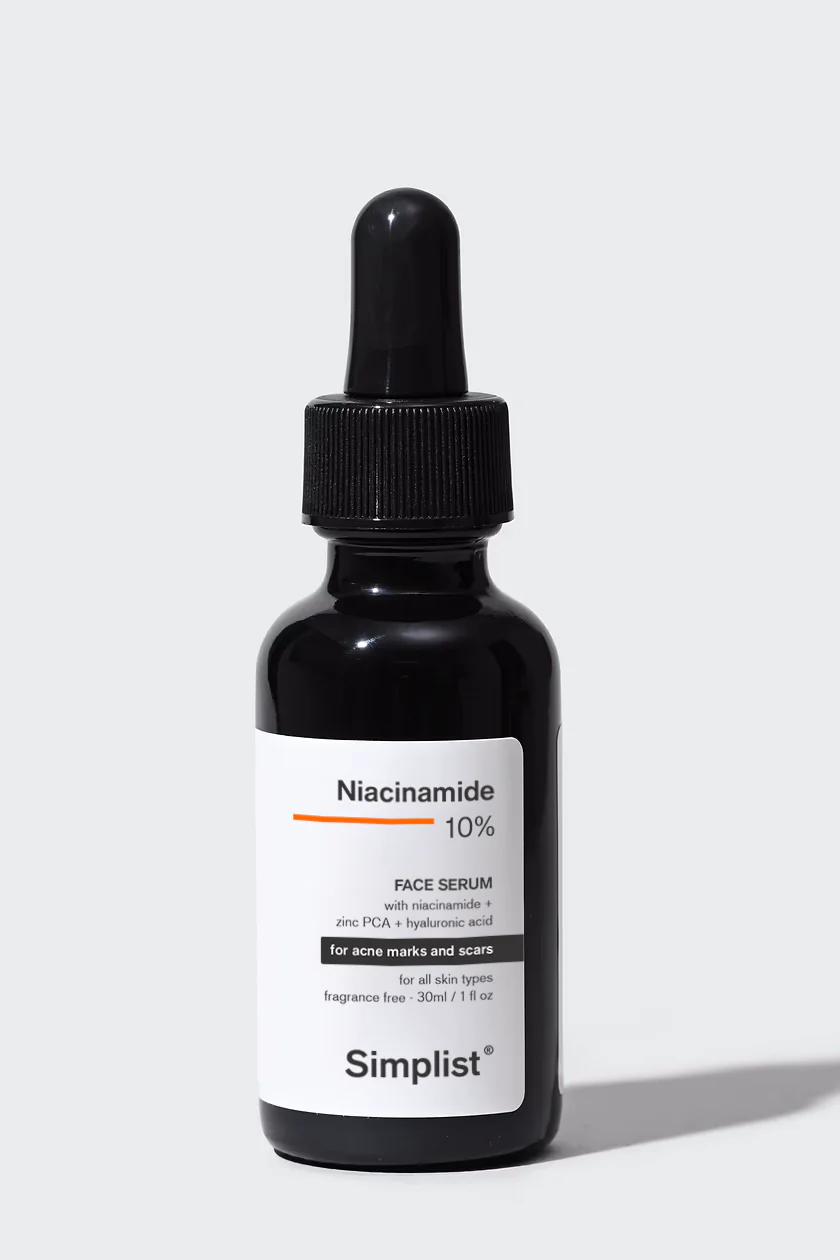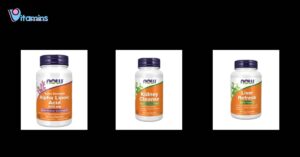
Introduction
Niacinamide serum in pakistan has gained immense popularity in the skincare industry for its powerful anti-inflammatory properties. Whether you’re dealing with acne, rosacea, or general skin irritation, this versatile ingredient can help calm and soothe your skin. But how exactly does niacinamide work to reduce inflammation? In this article, we will explore the science behind niacinamide, its benefits for inflamed skin, and how to incorporate it into your skincare routine for the best results.
What is Niacinamide?
Niacinamide, also known as nicotinamide, is a form of vitamin B3 that plays a crucial role in maintaining healthy skin. It is water-soluble and works effectively in various skincare formulations. Unlike some other active ingredients, niacinamide is well tolerated by most skin types, including sensitive and acne-prone skin.
How Niacinamide Reduces Skin Inflammation
1. Strengthens the Skin Barrier
One of the primary causes of skin inflammation is a compromised skin barrier. Niacinamide helps boost the production of ceramides, which are essential lipids that strengthen the skin’s protective barrier. A healthy barrier prevents external irritants, pollutants, and allergens from penetrating the skin, reducing the likelihood of inflammation.
2. Regulates Sebum Production
Excess oil production can lead to clogged pores and acne, which often result in inflamed skin. Niacinamide helps regulate sebum (oil) production, keeping the skin balanced and reducing the risk of breakouts and irritation.
3. Reduces Redness and Swelling
Niacinamide has been shown to significantly reduce redness and swelling caused by conditions such as acne, eczema, and rosacea. It inhibits the release of inflammatory cytokines, molecules that trigger inflammation in the skin.
4. Boosts Hydration and Skin Repair
Inflamed skin often lacks adequate hydration, leading to dryness and irritation. Niacinamide improves moisture retention by enhancing the skin’s ability to produce natural moisturizing factors (NMFs). This hydration boost allows the skin to heal faster and reduces inflammation.
5. Neutralizes Free Radical Damage
Environmental stressors such as UV rays, pollution, and toxins contribute to oxidative stress, which can cause inflammation and premature aging. Niacinamide acts as a potent antioxidant, neutralizing free radicals and protecting the skin from damage.
6. Reduces Hyperpigmentation and Scarring
Inflammation can lead to post-inflammatory hyperpigmentation (PIH) and scarring, especially in acne-prone skin. Niacinamide inhibits the transfer of melanin, reducing dark spots and promoting an even skin tone.
How to Use Niacinamide Serum for Inflammation
Step 1: Cleanse Your Skin
Start with a gentle cleanser to remove dirt, oil, and impurities without stripping the skin.
Step 2: Apply Niacinamide Serum
After cleansing, apply a few drops of niacinamide serum onto clean, dry skin. Gently massage it in, allowing it to absorb fully.
Step 3: Follow with a Moisturizer
To lock in hydration and strengthen your skin barrier, apply a moisturizer suitable for your skin type.
Step 4: Use Sunscreen in the Morning
Niacinamide enhances skin repair, but protecting your skin from UV damage is crucial. Always apply a broad-spectrum sunscreen during the day.
Who Can Benefit from Niacinamide Serum?
- Acne-prone skin: Reduces breakouts and inflammation.
- Sensitive skin: Calms irritation and strengthens the barrier.
- Rosacea sufferers: Minimizes redness and soothes flare-ups.
- Aging skin: Fights oxidative stress and improves elasticity.
Conclusion
Niacinamide serum is a powerhouse ingredient for reducing skin inflammation and promoting a healthy, radiant complexion. Whether you struggle with acne, sensitivity, or general irritation, incorporating niacinamide into your routine can provide noticeable relief. With consistent use, you can enjoy calmer, clearer, and more resilient skin.




